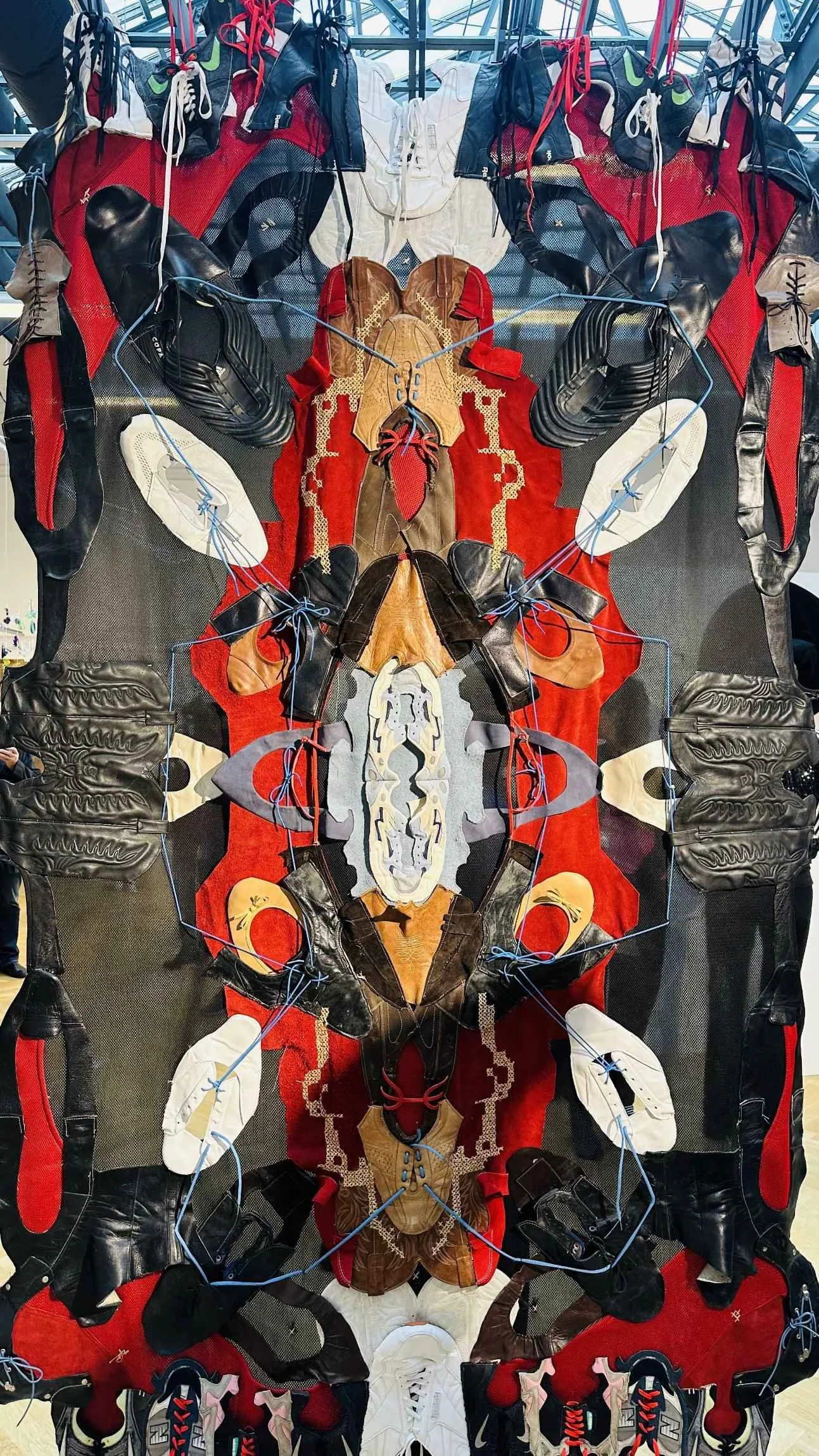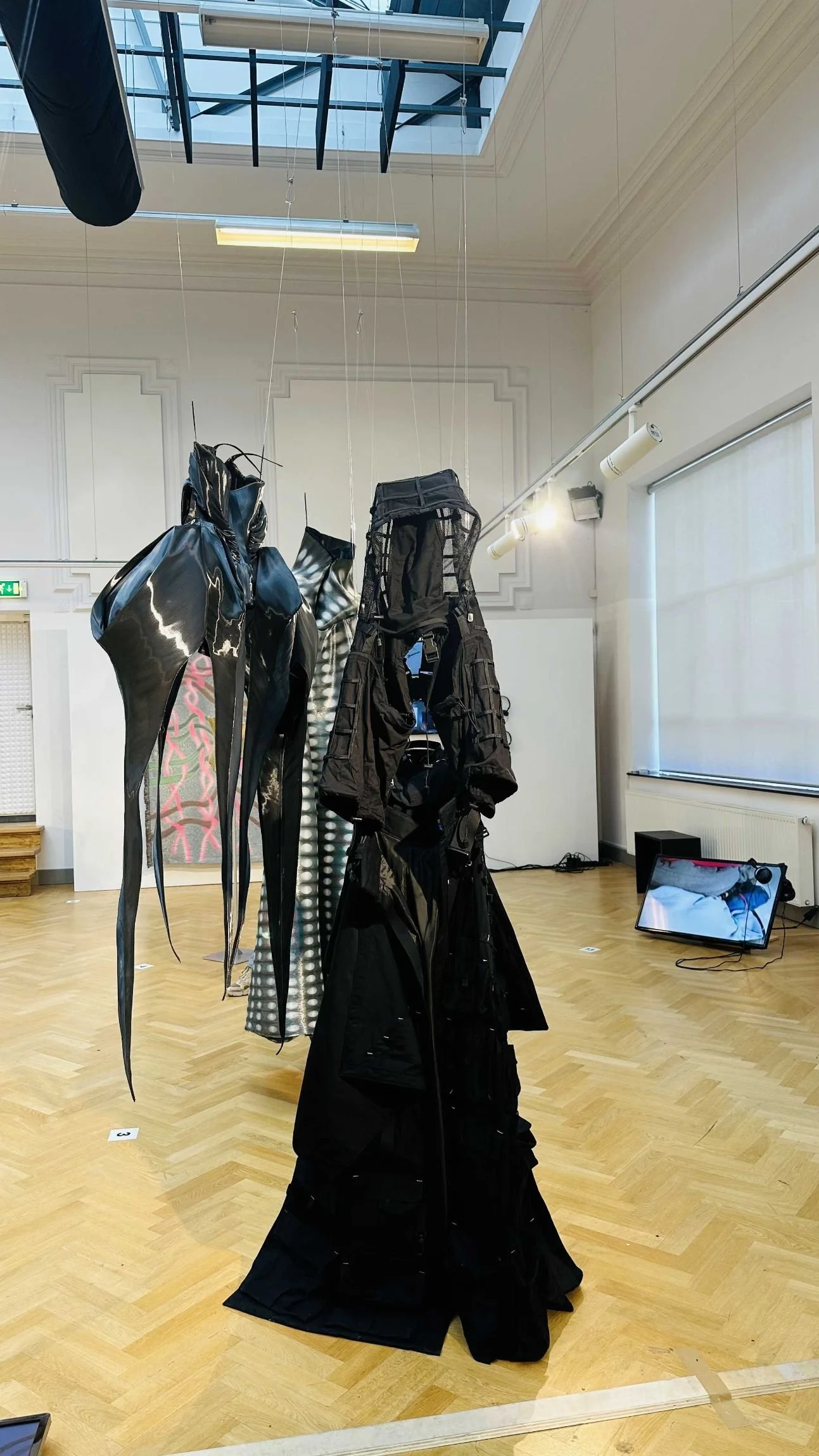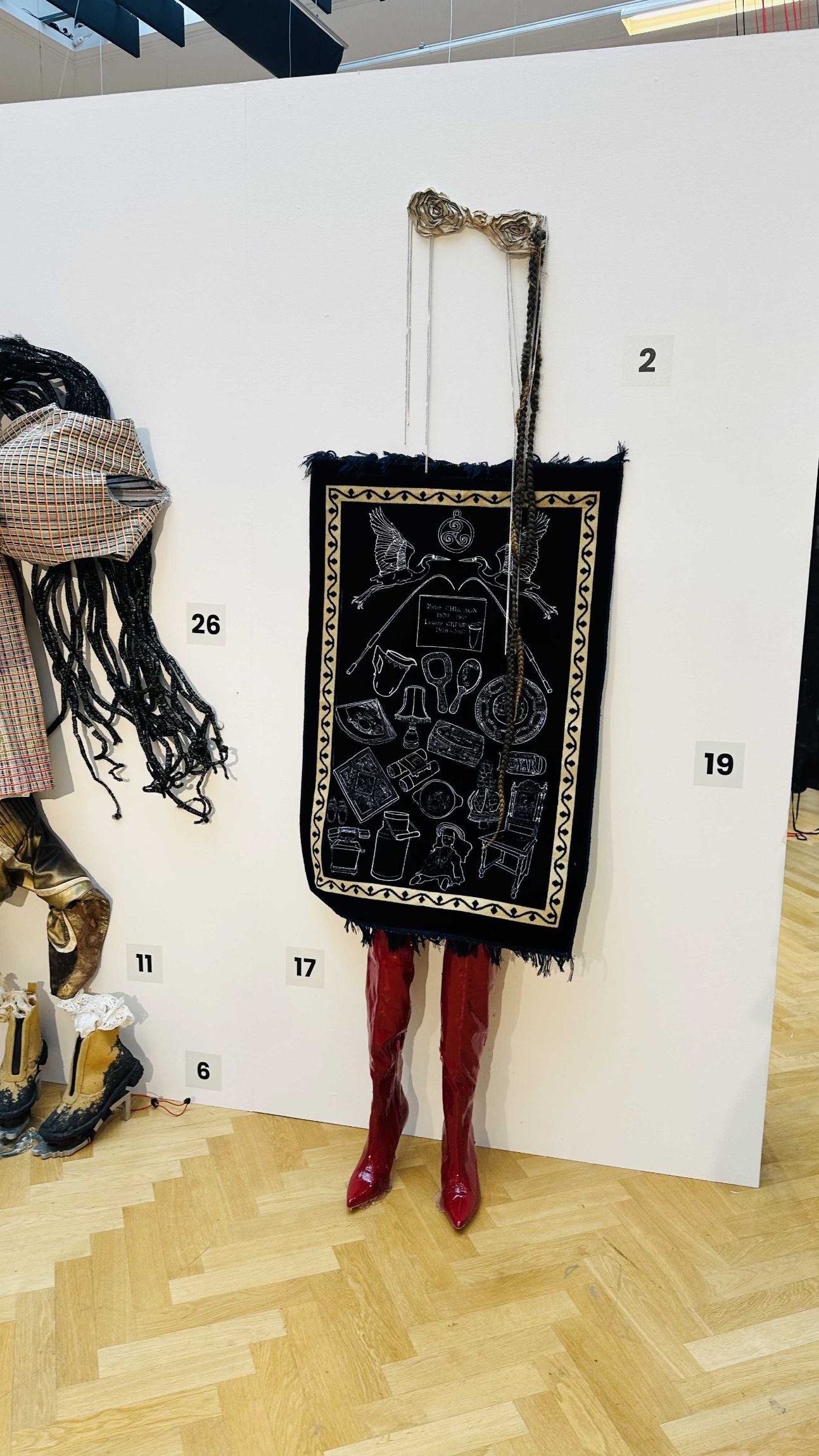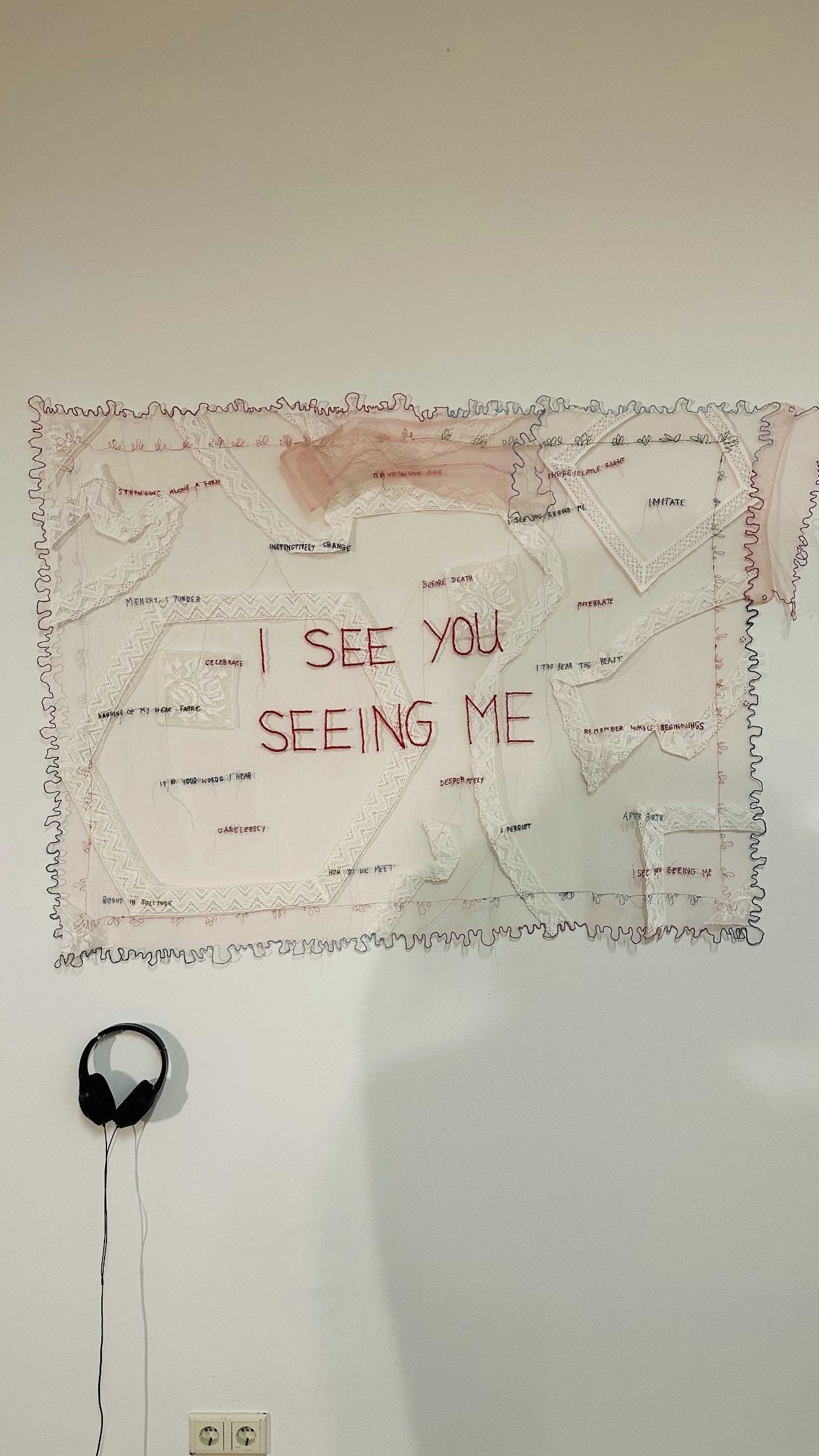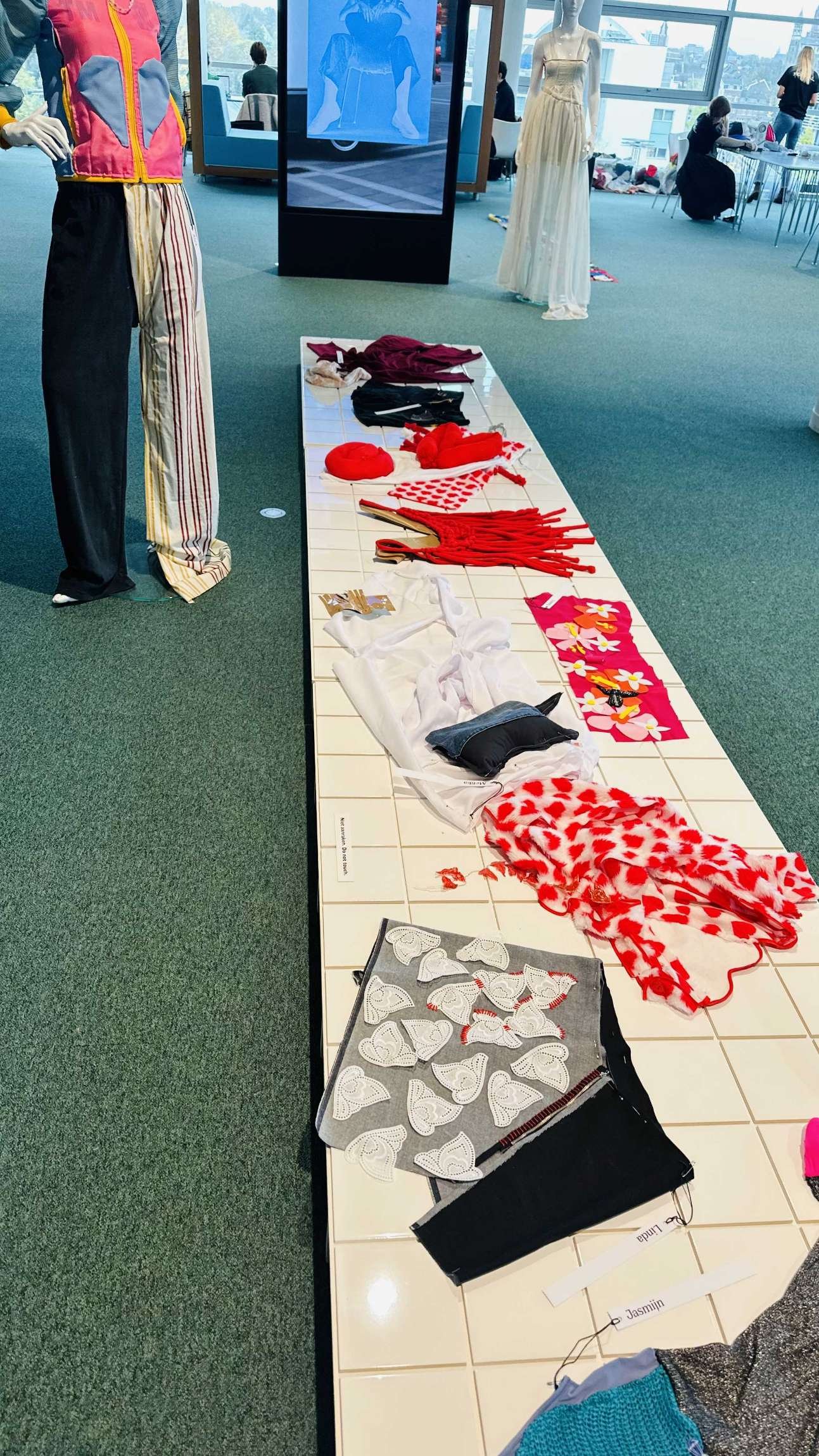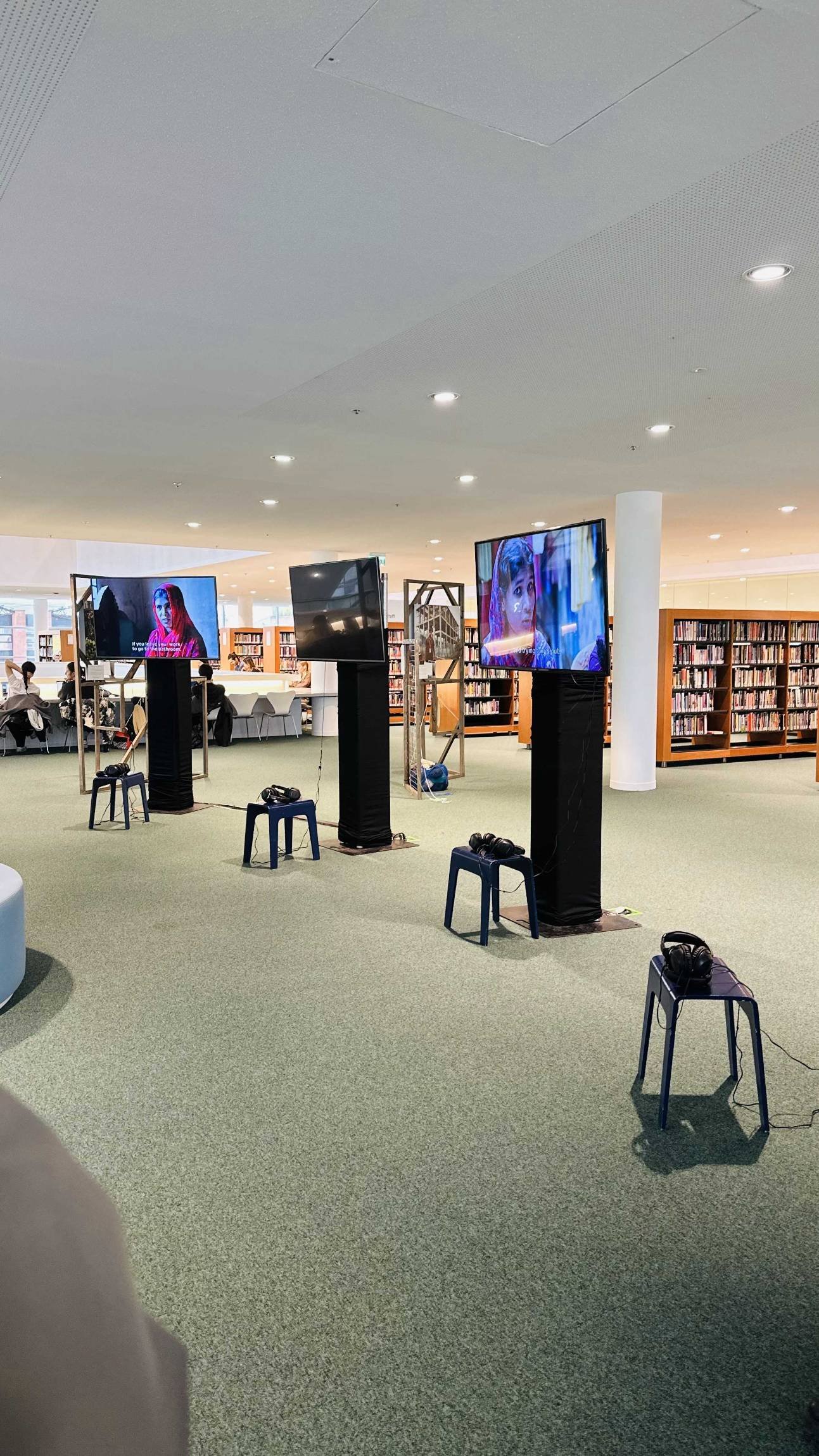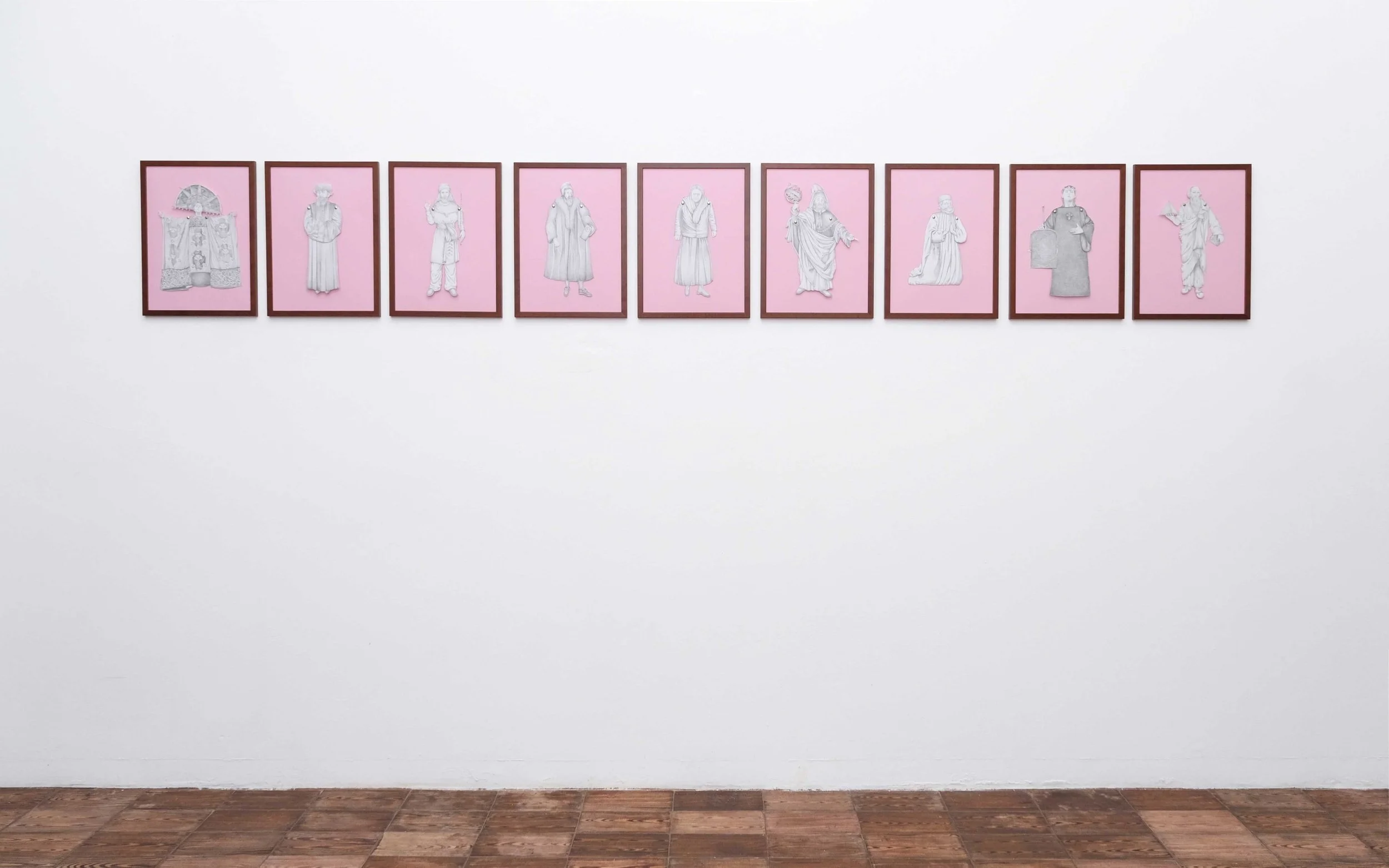FASHIONCLASH Festival
For its 16th installment, the FASHIONCLASH Festival transformed Maastricht into a vibrant hub of creativity and innovation, demonstrating the symbiotic relationship between fashion and art. As one of the most anticipated events on the fashion calendar, this festival attracted over 100 designers and artists representing more than 20 countries, each bringing their unique vision to an engaged international audience. Across 13 diverse venues, the festival presented an eclectic program filled with exhibitions, performances, workshops, lectures, and films, showcasing the rich tapestry of contemporary fashion culture.
In the dynamic realm of fashion, where the boundaries of creativity are constantly being tested, the FASHIONCLASH Festival emerges as a vital platform for emerging designers, providing them with unparalleled opportunities to showcase their talent and make their mark on the industry. Its influence on new talent is profound and multi-dimensional, addressing not only the need for visibility but also the critical components of mentorship, storytelling, and community engagement.
FASHIONCLASH goes beyond the traditional confines of runway shows; it orchestrates a holistic experience that combines the vibrancy of art and culture with innovative fashion expressions. This year's festival, held in the picturesque city of Maastricht, has reaffirmed its position as a cornerstone for budding designers who seek to push the envelope of self-creativity. With over 100 emerging designers and artists presenting their works, the festival serves as a melting pot of ideas, allowing fresh narratives to emerge from collaborations and cross-disciplinary explorations.
As designers prepared to take the stage, the pressure to articulate a cohesive story through their collections felt weighty but essential. FASHIONCLASH encourages participants to transcend mere aesthetics and delve into the deeper implications of their work, urging them to harness their unique visions and communicate their messages effectively. This is not just about fabric and thread; it’s about identity, culture, and the societal commentary woven into every piece. The festival fosters a space where fashion becomes a language, one that narrates personal experiences and reflects collective histories.
The opportunity for networking is another cornerstone of FASHIONCLASH's impact.
Emerging designers are given a rare chance to connect with key figures in the industry—critics, established designers, and potential investors—who can provide guidance and critical insights. These connections are invaluable, as they often lead to collaborations and mentorships that can significantly influence a designer's career trajectory. The interactive nature of the festival, characterized by installations, performances, and discussions, facilitates organic conversations that can ignite partnerships and solidify relationships pivotal for future growth.
Despite the inspiring opportunities presented by FASHIONCLASH, the uncertainties of the fashion landscape loom large. Emerging designers face a myriad of challenges, from navigating market demands to establishing their credibility in an increasingly saturated field. Thus, it becomes imperative for them to approach the festival not merely as a showcase but as a strategic stepping stone. This involves careful planning, a focus on creating a unified storytelling collection, and an astute utilization of media channels to broaden their exposure. The festival also serves as a reminder that the journey doesn’t end with the final bow; engaging with mentors and industry experts post-event is crucial for fostering ongoing development and ensuring long-term sustainability in their careers.
FASHIONCLASH ultimately stands as a fundamental chapter in the journey of emerging designers, catalyzing their evolution from hopeful talents into recognized voices within the industry. When fully embraced, the opportunities offered by this festival can lead to thriving careers characterized by artistic exploration and cultural relevance. In an era marked by pressing societal issues and an ever-evolving fashion narrative, FASHIONCLASH takes on a transformative role, nurturing the next generation of designers while fostering a richer, more inclusive dialogue within the fashion landscape. As we delve deeper into this year’s festival, it is clear that FASHIONCLASH is not simply an event; it embodies a dynamic intersection of artistic innovation and social consciousness. It amplifies voices, cultivates talent, and redefines the parameters of fashion, art, and culture, paving the way for a future that is as rich in diversity as it is in creativity.
A noteworthy aspect of FASHIONCLASH is its commitment to accessibility and community involvement. Through initiatives like Fashion Makes Sense, the festival empowers over 100 young people, providing them with invaluable opportunities to participate in co-creation projects, workshops, and performances. This hands-on approach enables participants to dive into the world of fashion and art, cultivating their creativity and encouraging an inclusive dialogue about identity and self-expression. In an era where the fashion industry is often criticized for its lack of diversity and sustainability, FASHIONCLASH serves as a critical platform that nurtures the next generation of voices.
The festival opened with an unforgettable evening at the Sint-Annakerk, a consecrated church that provided a breathtaking backdrop for the performances of the closing night. Under the artistic guidance of Aya Noël, the crowd was treated to a powerful showcase that combined the fluidity of fashion with insightful narratives. The festival commenced with opening speeches by Branko Popović and Els Petit-Carapiet, directors of FASHIONCLASH, alongside local dignitaries. Their remarks emphasized the festival's mission to serve as a platform for artists to explore and challenge the boundaries of their disciplines.
Among the highlights was “I SEE YOU SEE ME,” a collaboration between designer Katharina Spitz and poet Manka Menga. This performance addressed profound questions about womanhood and identity while paying homage to the women who have historically defied societal norms. Similarly, Naza Løtus, a Taiwanese drag artist, captivated attendees with "eight," a performance that seamlessly integrated costume design with narrative storytelling, bringing cultural experiences to life in a powerful form of artistic expression. Such performances are not merely aesthetic; they provoke critical conversations regarding individuality, identity, and the role of fashion in contemporary society. Bridging Artistic Disciplines.
One of the festival's standout features was "The CLASH House," a program dedicated to exploring the intersections between fashion and performing arts. By empowering designers like Megan van Engelen, who represented the nostalgic exploration of her childhood in "Berry," and Ana Krgović from SHIFT studio, whose work "Pieces of You" traced universal themes of transformation, the festival encouraged a rich intellectual discourse about the possibilities of fashion as an expressive medium.
By highlighting alternative modes of fashion presentation, the festival challenged the traditional runway paradigm, allowing audiences to engage with the garments in a context that transcends the superficial grasp of style. This approach aligns with the ethos of slow fashion, advocating for meaningful, sustainable practices in a world too often dominated by fast and disposable trends.
The festival's curatorial framework was geared towards stimulating collaborative and multidisciplinary practices within the fashion sector. The exhibition "New Fashion Narratives," curated by a diverse collective of fashion practitioners, showcased the innovative works of various artists and designers, allowing for a cross-pollination of ideas that embraced diversity and inclusion. This collaborative spirit underscores FASHIONCLASH's role as a nurturing environment for avant-garde concepts, which are paramount for shaping the industry's future.
Moreover, the Decolonial Fashion Residency installation at Bureau Europa was a significant manifestation of the festival’s commitment to critical dialogue about the fashion landscape. By inviting participants to explore themes of decoloniality, the program initiated crucial conversations revolving around identity and representation in the fashion world, thus echoing calls for social equity and justice within the industry.
Cinematic Perspectives: The Fashion Film Program
The festival also featured a compelling film program at Lumière Cinema, presenting a selection of 31 short films that delve into the evolving nature of fashion within a cinematic context. The diverse narratives told through fashion film reflect a global array of perspectives that engage with themes such as identity, culture, and socio-political issues. Among the notable moments was the awarding of the FASHIONCLASH Festival Fashion Film Award, revealing the increasing recognition of fashion as a legitimate artistic and narrative-driven medium.
This segment of the festival not only celebrates the artistry behind fashion films but also contributes to the essential discourse on representation and storytelling in visual arts. The inclusion of panel discussions and artist talks further enriched the audience's understanding of the intricate relationship between film and fashion, highlighting their potential to challenge norms and inspire change.
Celebrating Identity: Inclusive and Queer Perspectives
A focal point of FASHIONCLASH is its commitment to inclusivity, particularly through its Queer Activity Program, which seeks to uplift and give visibility to LGBTQ+ voices. The festival culminated in a remarkable Afterparty dedicated to this mission, with performances, dance, and fashion shows celebrating individuality and self-acceptance. The themed program, “Come a little closer and see me for who I am,” resonated deeply with attendees, embodying the spirit of unity and authentic self-expression.
At the heart of FASHIONCLASH is an unwavering belief in the transformative power of fashion. The festival's closing performance by Yorvique Macaay, titled "MUSES," encapsulated this ethos, showcasing how clothing can transcend its utilitarian function and become a potent medium for identity exploration and personal storytelling. Such performances remind us that fashion can act as a bridge between individuals and communities, inspiring connection and understanding.
Looking Ahead: The Future of Fashion
As FASHIONCLASH prepares for its 17th edition scheduled for November 14 to 16, 2025, the festival continues to champion innovation and creativity in a rapidly changing world. The emphasis on blending art with fashion, slow design processes, and inclusive narratives reflects a necessary evolution in the industry. With contemporary challenges surrounding climate change, social justice, and globalization, festivals like FASHIONCLASH play a crucial role in shaping the discourse around the future of fashion, advocating for a more conscious and compassionate approach to design and expression.
In conclusion, the FASHIONCLASH Festival stands as a vital forum for artistic exploration and social engagement, promoting a vision of fashion that is inclusive, sustainable, and imaginative. By championing the voices of emerging talents and pushing the boundaries of creativity, the festival not only supports current developments within the fashion world but also serves as a guiding light for the next generation of artists and designers. As we look to the future, it is clear that the fusion of art and fashion—the harmonious blending of diverse disciplines—will be essential in cultivating a thriving, innovative fashion landscape that honors self-expression and the myriad identities of our global community.
Words by MIRA WANDERLUST
Photography by DONALD GJOKA
What to read next




